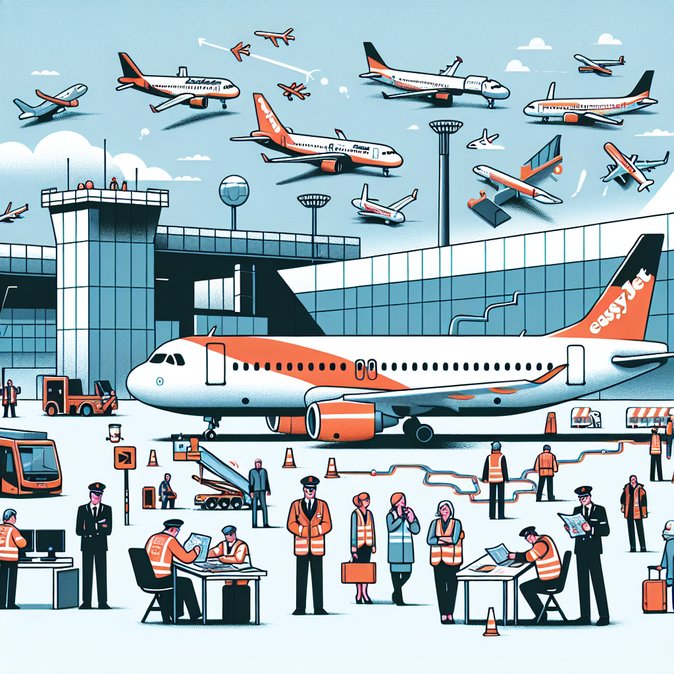
A fresh update from logistics portal Trans.info highlights a patchwork of renewed internal Schengen controls that mobility planners must navigate this winter. The Netherlands has notified Brussels that it will keep checks at its southern frontier until June 2026, while Denmark and Sweden have each lodged six-month extensions to 11 May 2026. Germany and France also remain under temporary regimes through March and April respectively.
Italy’s own controls on the land border with Slovenia—introduced after the October 2023 Hamas attack—are currently authorised until 18 December 2025. Although Rome has not yet requested a further extension, Interior-ministry sources quoted in local media say that a renewal is “under active consideration” given regional security concerns and the upcoming Jubilee Year inflow of visitors in 2026.
![Schengen Update: Italy’s Internal Border Checks Remain Until 18 December as Other States Extend Controls into 2026]()
For cross-border commuters—approximately 9,000 workers move between Trieste and Koper daily—the continuation of ID checks translates into 10- to 20-minute delays at peak hours, particularly for freight traffic diverted from the busy Fernetti crossing. Freight forwarders are advising drivers to carry digital as well as physical copies of CMR consignment notes to speed up spot inspections by Guardia di Finanza officers.
The broader picture is one of creeping normalisation of internal checks within Schengen, eroding the predictability that many corporate mobility policies still assume. Employers with staff who transit multiple EU borders in a single day—typical for field-service engineers or regional sales teams—should brief travellers on possible secondary ID checks and allow extra buffer time around connections.
With security threats unlikely to abate, mobility managers should expect a cycle of rolling six-month extensions and monitor the European Commission’s infringement procedures, which could eventually force member states—including Italy—to justify controls under stricter criteria.
Italy’s own controls on the land border with Slovenia—introduced after the October 2023 Hamas attack—are currently authorised until 18 December 2025. Although Rome has not yet requested a further extension, Interior-ministry sources quoted in local media say that a renewal is “under active consideration” given regional security concerns and the upcoming Jubilee Year inflow of visitors in 2026.

For cross-border commuters—approximately 9,000 workers move between Trieste and Koper daily—the continuation of ID checks translates into 10- to 20-minute delays at peak hours, particularly for freight traffic diverted from the busy Fernetti crossing. Freight forwarders are advising drivers to carry digital as well as physical copies of CMR consignment notes to speed up spot inspections by Guardia di Finanza officers.
The broader picture is one of creeping normalisation of internal checks within Schengen, eroding the predictability that many corporate mobility policies still assume. Employers with staff who transit multiple EU borders in a single day—typical for field-service engineers or regional sales teams—should brief travellers on possible secondary ID checks and allow extra buffer time around connections.
With security threats unlikely to abate, mobility managers should expect a cycle of rolling six-month extensions and monitor the European Commission’s infringement procedures, which could eventually force member states—including Italy—to justify controls under stricter criteria.


